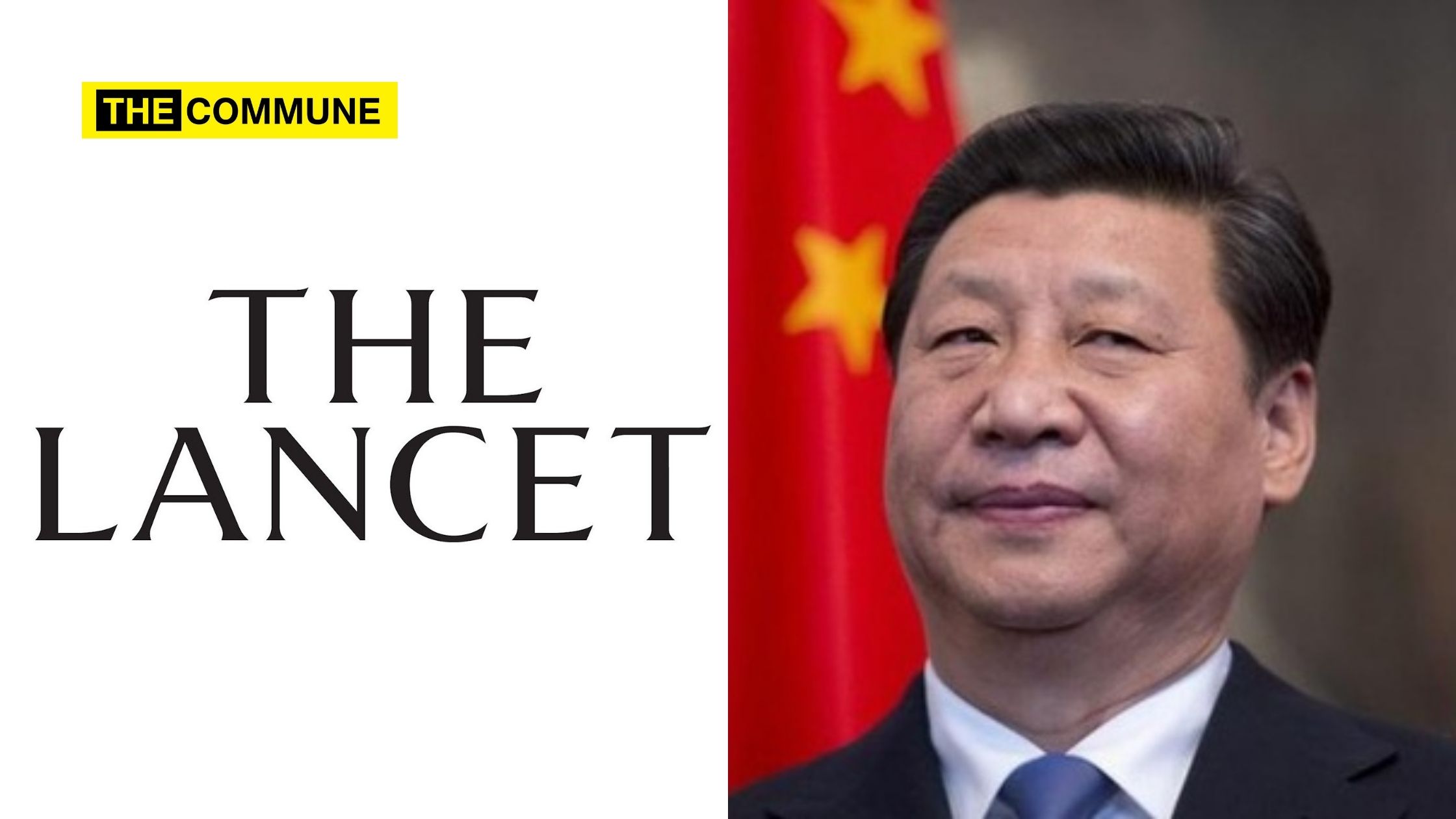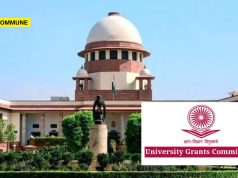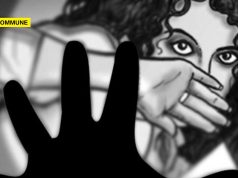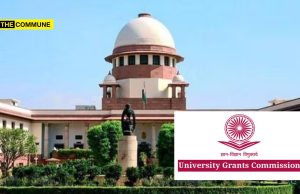
The Lancet which is one of the worlds foremost and respected medical journals have deliberately suppressed crucial information at the behest of the Communist Party of China that proved the Covid virus could jump from human to human and was spreading outside of Wuhan in the early days of the pandemic, reports Dailymail.
Already this medical journal has been discredited for publishing a politically biased article targeting Prime Minister Narendra Modi over the Coronavirus crisis in India
As per reports, the editors of the journal failed to share critical evidence that was given to them by brave Chinese scientists who were trying to alert the world to the danger of the new disease capable of spreading by people who were not displaying symptoms.
This new information has come from a new book by Sir Jeremy Farrar, director of the Wellcome Trust and a member of the UK Government’s Sage committee who said he was shocked by the behaviour of the journal for suppressing this information that could have saved hundreds of thousands of lives if speedy action had been taken to deal with any emerging virus outbreak.
In his book, he revealed that he was contacted by Thijs Kuiken, a Dutch professor and government adviser, over a scientific research paper that he was sent by The Lancet to review on January 16, 2020, and refers to the paper’s contents as, “One of the standout moments in the whole epidemic, the reddest in a constellation of red flags,”.
The report states that the role of influential scientific media must be questioned for appeasing the Chinese authorities and stifling debate about suggestions that Covid could have leaked from a Wuhan lab.
The lancet in a scathing article published in The Mail last month had revealed how to outrightly refused to publish an article critical of China’s industrial-scale human rights violation and the repression of Uighurs in the Xinjiang province as it might cause problems for staff at its Beijing office.
The medical journal has also been accused of parroting China’s version that Covid-19 does not have a “natural origin” that was drafted by Peter Daszak, whose charity funded high-risk experiments on coronaviruses in a Wuhan lab.
According to Prof Kuiken who had instantly realised this was crucial information unfolding as the entire world faces a health crisis, but his role as a confidential reviewer precluded him from sharing details and had sent his review the next day to The Lancet, expecting it to be published immediately hoping ‘the information should be made public because it was the first scientific proof that the virus was spreading human to human. They either would not or could not do it.’
But when Lancet did not publish his finding, within 24 hours, Kuiken sent an email to Sir Jeremy who agreed the findings should be shared urgently.
‘If there was a novel contagious disease that could spread asymptomatically between people, the world needed to know immediately,’ said Sir Jeremy. ‘Speed matters perhaps more than anything else in disease outbreaks.’
Sir Jeremy then emailed and messaged Richard Horton, The Lancet’s editor-in-chief expecting a reply to no avail.
The following day Sir Jeremy contacted the World Health Organisation (WHO) and that led to and within 24 hours, China belatedly confirmed human transmission and confirmed people in southern China who had caught Covid from family members.
A key study conducted by Southampton University found that if China had acted to lock down Wuhan even one week earlier, according to its estimate the number of cases would have been cut by two-thirds, significantly limiting Covid’s spread. But the Communist regime known for suppressing truth silenced doctors through intimidation, covered up the outbreak’s severity and ensured there was no public discussion.
A leaked memo from a Chinese health official admitted ‘human-to-human transmission is possible’, and warned of ‘a major public health event’.
Richard Ebright, a bio-security expert, said what The Lancet did was “unconscionable and unforgivable and the practice has cost lives”.
Fiona Godlee, editor of the British Medical Journal, said the reviewer was put in a difficult position and The Lancet should have ensured the Shenzhen evidence reached the public domain immediately.
The Lancet, which finally published the study on January 24, refused to divulge when it received the research but said all papers of major public health importance were shared as soon as possible while ensuring rigorous peer-review.
Click here to subscribe to The Commune on Telegram and get the best stories of the day delivered to you personally.




